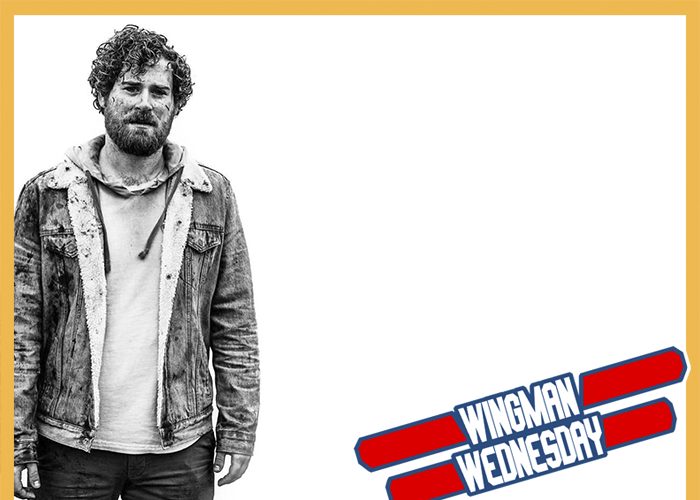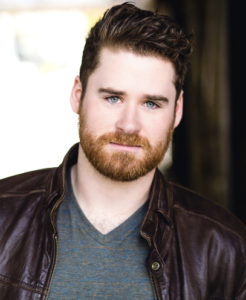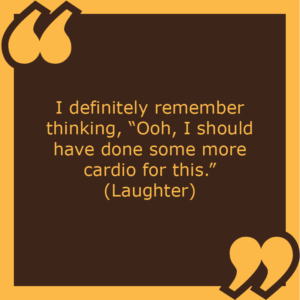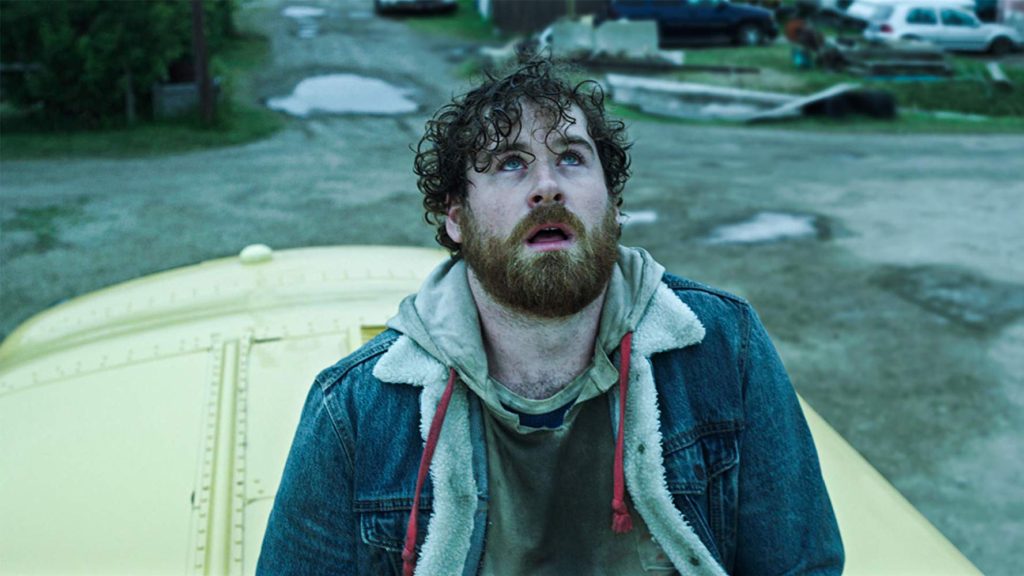Artist: Pine
Socials: Facebook/Twitter/Instagram
Hometown: Ottawa, ON
Members: Holden Egan, Darlene Deschamps, Andrew Turenne
TrunkSpace: The band is set to release its debut full-length on September 13. As you gear up to its release, what emotions are you juggling with?
Deschamps: All kinds! (Laughter) Kinda feel crazy wondering what’s next. It’s been a weird couple years making this record – lots of relief coming for all of us, for sure.
TrunkSpace: The self-titled debut follows up your EP, “Pillow Talk,” which you released in 2017. What did the band take from that experience and seeing those songs come together in the studio that you applied to the full-length?
Deschamps: How important it is to build your song structure as well as you can. Vocal layers, and then even more vocal layers this time. The band being a team and supporting each other the best we can. The LP is definitely more of what we wanted to sound like.
TrunkSpace: We’ve heard a number of bands talk about the post-studio doldrums that set in after they finish up a record. Did you experience any of that when you called wrap and how do you channel that creative energy when the recording process is done?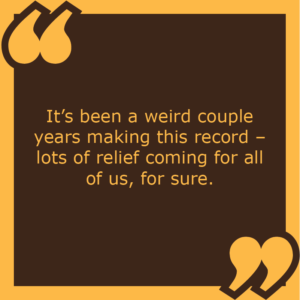
Deschamps: Sometimes it happens for a number of circumstances – we were always working towards something and after the studio, finally having the album finished always feels great. You come out feeling stronger and like you learned something. Sometimes after the studio, you feel more inclined to be creative because you’re so open to it, at least for me.
TrunkSpace: What could someone learn about the band in sitting down the listen to the album as a whole? What does it say about Pine right now in 2019?
Deschamps: You could learn that we had a long year while writing the record. It’s part of its energy though and when you are writing you just express your feelings at that moment in time. You captured a time frame. Right now, we are so proud of the record, and are super happy that things played out the way they did despite any error along the way because if they didn’t happen it would be a different album.
TrunkSpace: What are you most proud of with the album?
Deschamps: For myself, I’m proud of all of it. I’m proud of my vocals. I feel strong and I feel like I’ve grown. The drums are so fun and our friend Alex Brownlee did an incredible job bringing it to life. Holden got to embrace his guitar and really shine. Due to having one guitar, Andy got to groove his life away and now I get to dance way more.
TrunkSpace: How does the Pine live experience differ from what we can currently hear on the self-titled debut? Where do the songs and the overall sound become something unique to the stage?
Deschamps: Things are a little spicier live. We sometimes bring in a second guitar (Certainty’s Brent McSwiggan) and have other parts added. Sometimes we just play songs a little different. We truly have fun and love playing live.
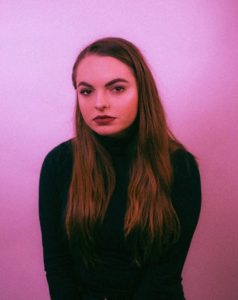 TrunkSpace: What do you get out of being in a band, and Pine in particular, that you can’t achieve as a solo artist. Does the creativity of the rest of the group inspire your own creativity?
TrunkSpace: What do you get out of being in a band, and Pine in particular, that you can’t achieve as a solo artist. Does the creativity of the rest of the group inspire your own creativity?
Deschamps: I honestly do get inspired by the rest of the group. Hearing songs gets me excited to write on them. And I think the rest of the group definitely feeds off each other based off the 8-minute jam songs they write and jam together. (Laughter) Having other people to count on you and make you want to work harder for the group and inspire you is important.
TrunkSpace: When it comes to what you do, outside of the creative aspect, what is the most important skill set a musician needs to have in order to go on this journey that you’re on?
Deschamps: All the answers, which we don’t have them. But we move forward anyway – gotta live it out and love it the best we can. You just go on.
TrunkSpace: Growing up back in the 80s, pine-scented air fresheners were our favorite scents hanging in the cars of our parents. So, what would a Pine air freshener smell like?
Deschamps: Not a pine tree ‘cause it has nothing to do with that. It would smell like cilantro because I long for it.
TrunkSpace: Time machine question. If you could jump ahead 10 years and get a glimpse of what your career looks like a decade from now, would you take that journey? If not, why?
Deschamps: Nah, cause I don’t wanna mess with fate.
Pine’s self-titled full-length album is due September 13 from No Sleep Records.


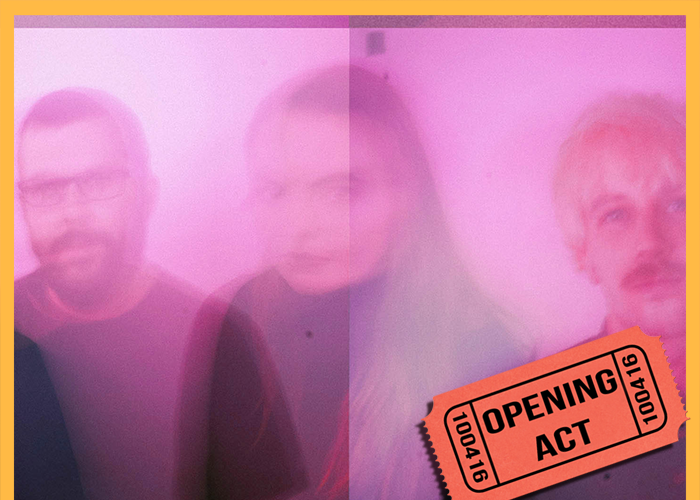
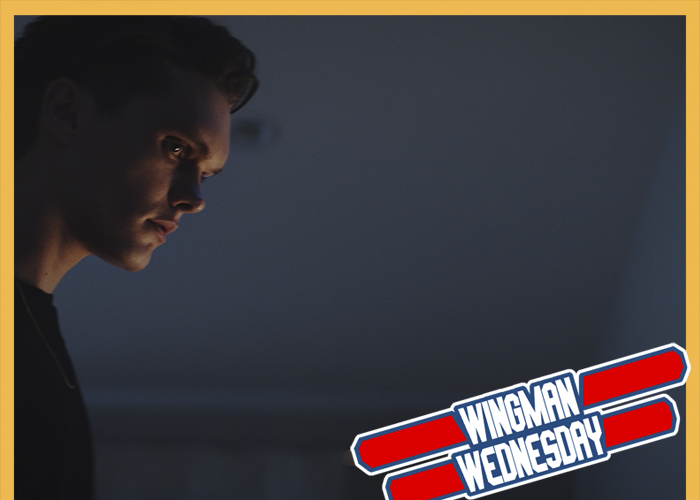
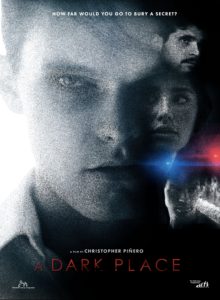 Even with his successful run as Jonathan Morgenstern on the fan-favorite fantasy series “Shadowhunters,” Luke Baines continues to want to push himself artistically, working to strike a balance between large-scale commercial projects and the kind of smaller independent films that feature characters not typically seen in mainstream productions. His latest project is just that, the dramatic “A Dark Place,” which the English-born actor admits to having reservations about prior to accepting the role of Alex.
Even with his successful run as Jonathan Morgenstern on the fan-favorite fantasy series “Shadowhunters,” Luke Baines continues to want to push himself artistically, working to strike a balance between large-scale commercial projects and the kind of smaller independent films that feature characters not typically seen in mainstream productions. His latest project is just that, the dramatic “A Dark Place,” which the English-born actor admits to having reservations about prior to accepting the role of Alex.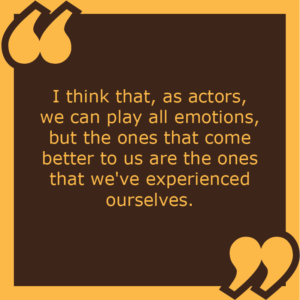 they’re like, “Okay. Great. We’re going to rush you over to the next set, and you’re on your first date with Jas.” I’m like, “Okay. Yeah. Uh-huh. Give me one second?” So, that was really difficult. But it’s obviously a lot different when you’re doing an independent film like this, and all of the decision makers, essentially, are in the room and they’re on set with you. So, there’s so much more freedom to be creative, and to make different choices, and to throw out ideas and to collaborate. That’s not something you always get an opportunity to do, obviously, on a large scale Disney production. So, that was really nice.
they’re like, “Okay. Great. We’re going to rush you over to the next set, and you’re on your first date with Jas.” I’m like, “Okay. Yeah. Uh-huh. Give me one second?” So, that was really difficult. But it’s obviously a lot different when you’re doing an independent film like this, and all of the decision makers, essentially, are in the room and they’re on set with you. So, there’s so much more freedom to be creative, and to make different choices, and to throw out ideas and to collaborate. That’s not something you always get an opportunity to do, obviously, on a large scale Disney production. So, that was really nice.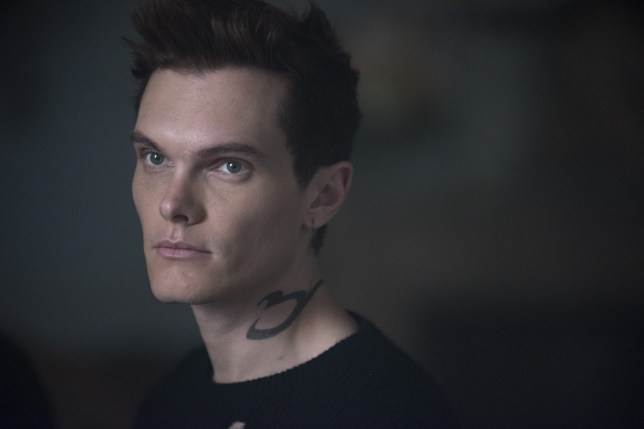
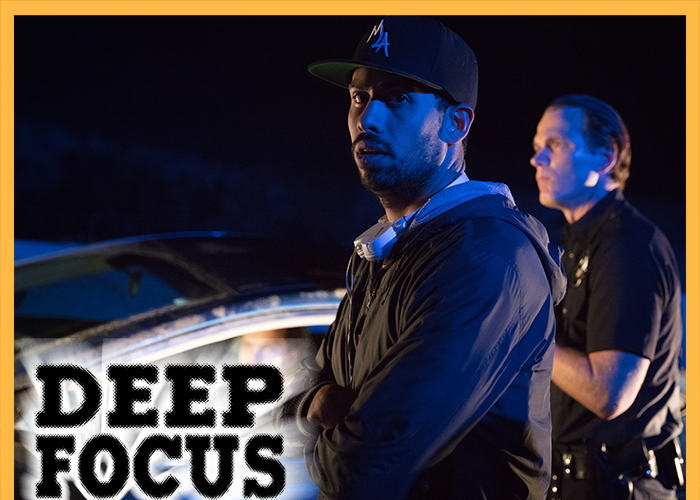
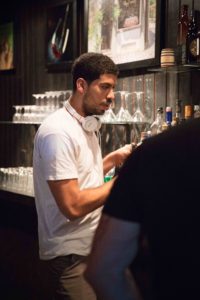 In our ongoing column Deep Focus, TrunkSpace is going behind the camera to talk with the directors, writers and producers who infuse our world with that perennial pop culture goodness that we can’t get enough of.
In our ongoing column Deep Focus, TrunkSpace is going behind the camera to talk with the directors, writers and producers who infuse our world with that perennial pop culture goodness that we can’t get enough of.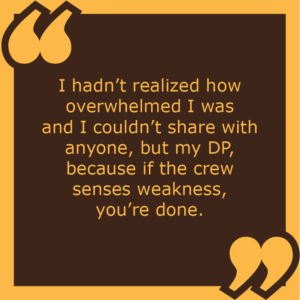
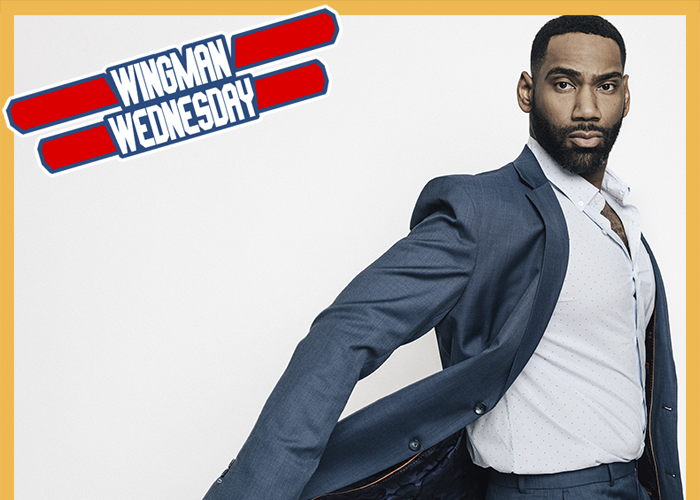
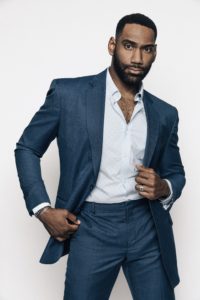
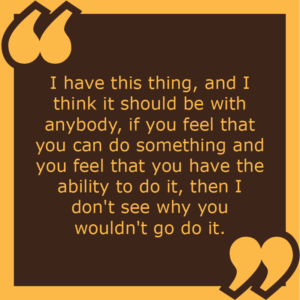 into acting than it is football?
into acting than it is football?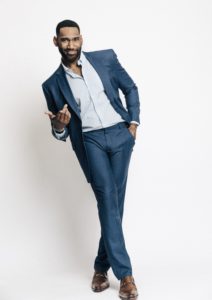
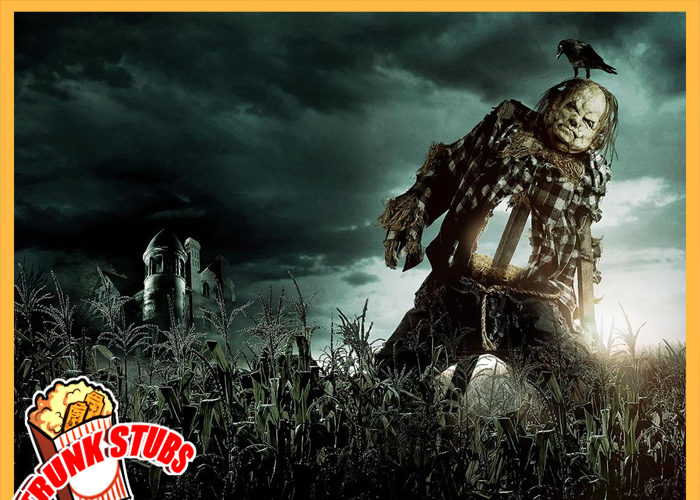
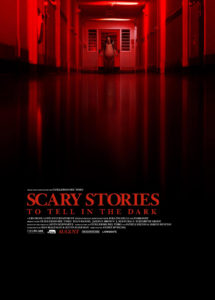 Title: Scary Stories to Tell in the Dark
Title: Scary Stories to Tell in the Dark
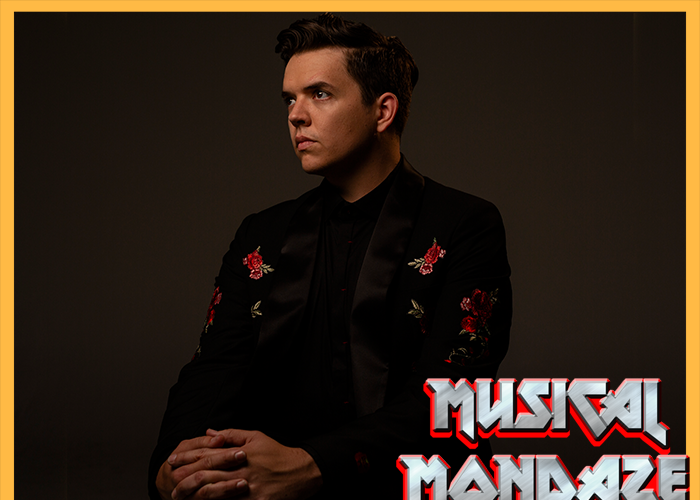
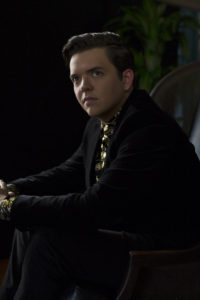
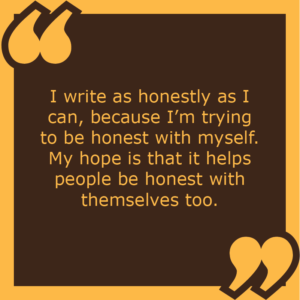
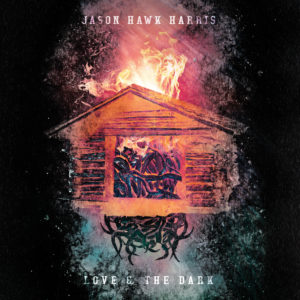 It’s coming in waves, it’s numb in between
It’s coming in waves, it’s numb in between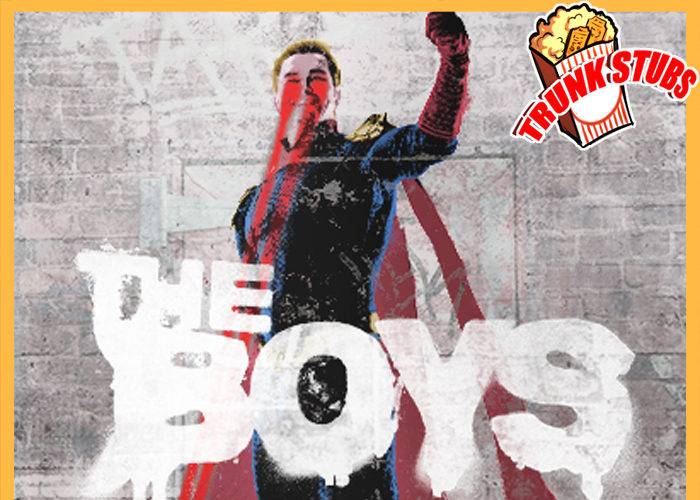
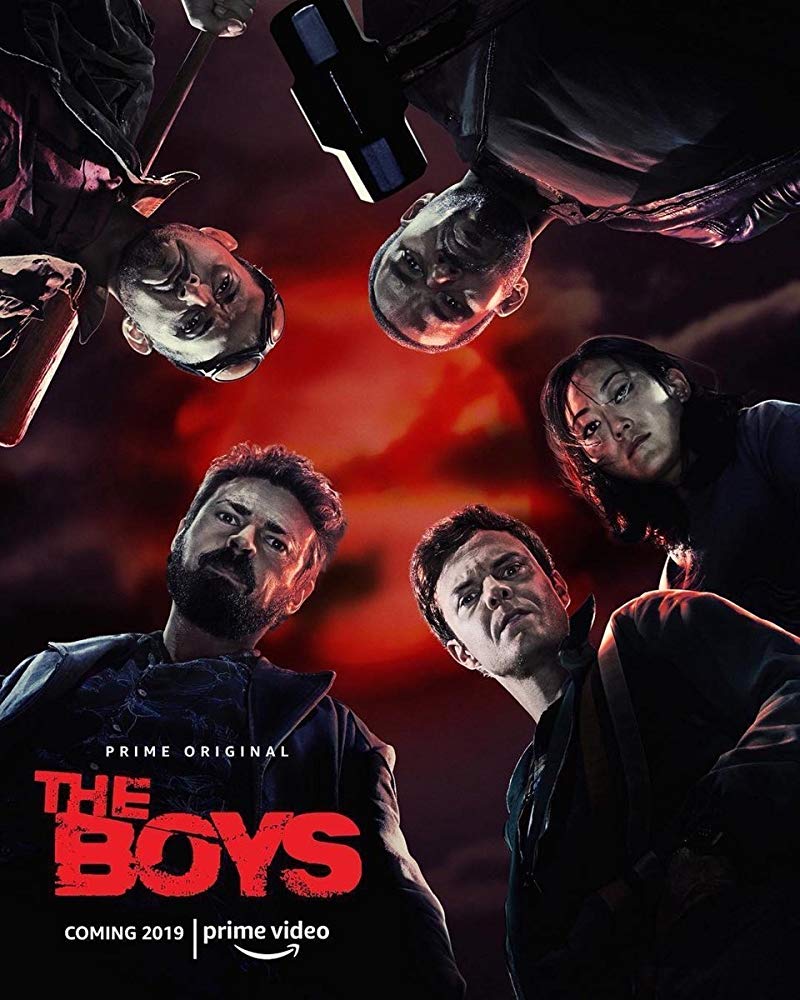 Title: The Boys
Title: The Boys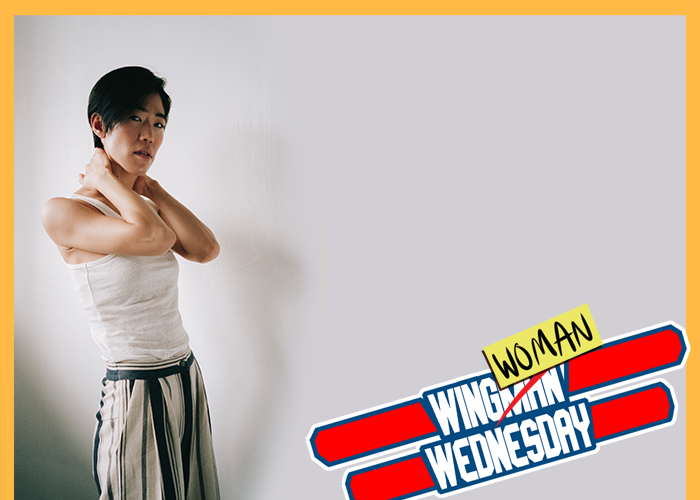
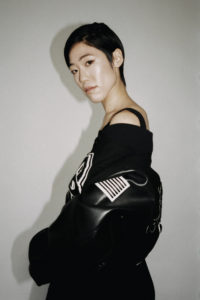
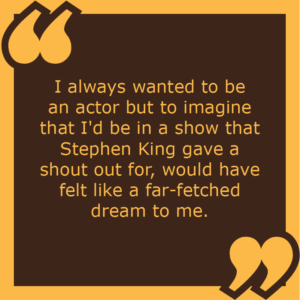
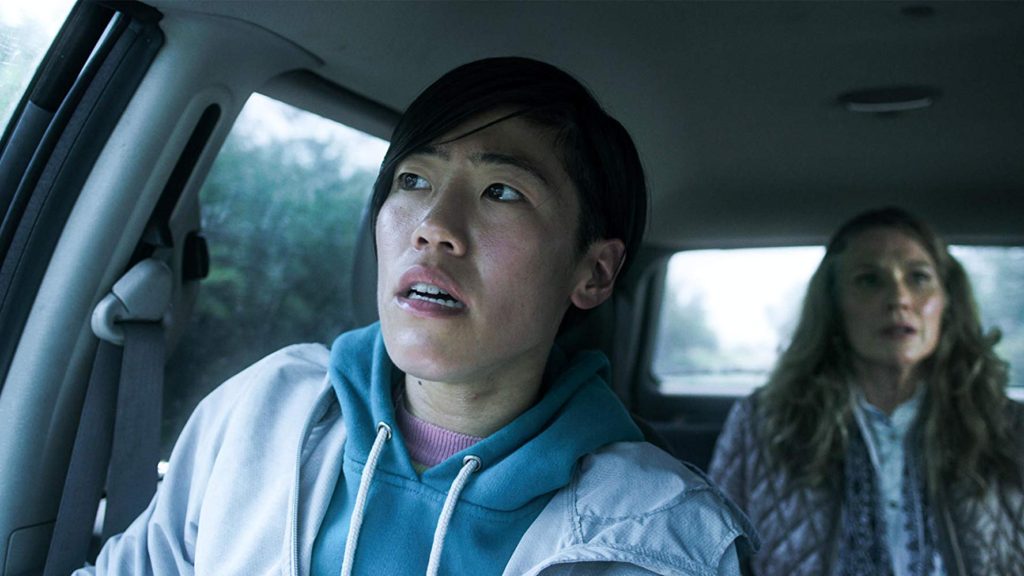
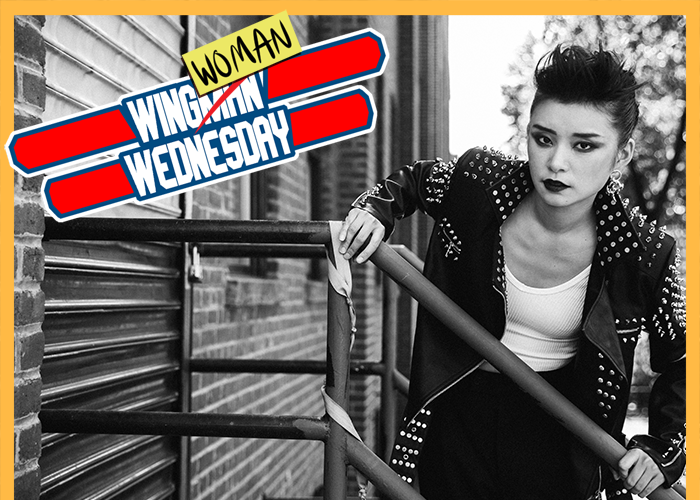
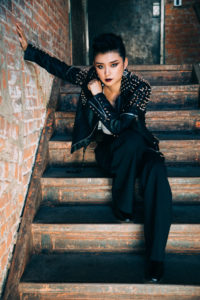
 literally change things overnight.
literally change things overnight.
